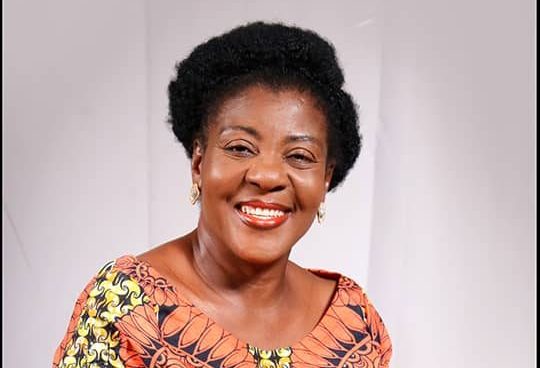By Ozioma Onyeweaku
Recently, the story of Adisa Oluwafunmilola who drowned her baby girl of one year and nine months old in a bucket of water has elicited a lot of reactions from many people. While quite a few have pitied her, many have called her names, and called for her head.
“She is heartless”; “She is wicked!” “May she rot in jail” “She does not deserve to be called a woman” I was shedding tears as I watched the interview of Adisa Oluwafunmilola (22). As I listened to her in that interview I wept as I could see the monster that snatched away Baby Adisa, and denied Oluwafunmilola the fruits of her endured labour.
This is a monster that lurks around so fiercely and gaining momentum by the day in our country with no one taking note. No one is being educated about it. It is ignored as if it is not even there. Yet it rages on.
World Health Organization, WHO, says that 20% of mothers in developing countries encounter this monster after childbirth; and a study says that there are more than 1.5 million cases of it per year in Nigeria. It is Postpartum Depression.
How many of us are aware of it? Postpartum depression is said to be a depression that occurs after childbirth.
Signs or symptoms of Postpartum Depression include loss of appetite, intense irritability, depressed mood, loss of pleasure, feelings of worthlessness, hopelessness, and helplessness, and difficulty bonding with the baby, and more particularly, thoughts of death, suicide or thoughts of hurting oneself or someone else.
Within the postpartum depression is a more serious depression called Postpartum Psychosis. It is a very serious illness that can affect new mothers; it can happen quickly, more often within the first three months of childbirth.
The sufferer can lose touch with reality, could start having auditory hallucinations, and having a feeling of agitation and anger; could start having strange feelings and behaviours such as thoughts of killing her baby or herself.
And the medical advice is that a new mother should, as a matter of urgency, be taken to hospital for professional assistance once she starts having thoughts of harming herself or her baby. Research shows the following to be at the risk of having postpartum depression: 1.
Those with history of depression prior to becoming pregnant, or during pregnancy 2. Those having a history of depression or premenstrual dysphoric disorder 3. Those with limited social support 4. Those who live alone 5. Those having marital conflict 6. Young age at time of pregnancy; the younger, the higher the risk.
Looking at the factors that can increase the risk of PPD, one can see clearly that Adisa Oluwafunmilola is a good candidate for postpartum depression. She had relationship issue having been denied and abandoned by the man that impregnated her; with no financial power, missing her admission, having social condemnation rather than social support, and being barely 19 years of age at time of pregnancy; all these groomed her for postpartum psychosis.
When Funmilola kept telling her sister that she was going to kill her baby, if Oluwafunmilola’s sister, and all their family relations and their pastor she called knew about postpartum depression, they would have discharged the only duty they owed Oluwafunmilola at that time, which was rushing her to the hospital for professional assistance. Usually, postpartum patients are kept away in the hospital because of risk of hurting themselves or someone else particularly their baby.
There is insignificant awareness of this problem called postpartum depression among the Nigerian populace. Postpartum depression is treatable and can be managed, and harm and death prevented if properly diagnosed on time. Like World Health Organization, WHO, recommends, with each postnatal visit, mothers should be asked about their emotional wellbeing, what family and social support they have and what strategies they have in place for dealing with day-to-day matters given the stress level in our system.
There is urgent need to sensitize the populace on issue of postpartum depression and its management. This is, therefore, a call for health institutions and health caregivers to make postpartum care of new mothers a priority; and for such care to be readily available in order to always ascertain the psychological wellbeing of the new mothers with a view to assessing factors in their environment that can trigger postpartum depression among them. We already, generally, have enough factors right on ground now to trigger depression in anyone at anytime; more reason we need to pay particular and special attention to new mothers. I feel your pains Adisa Oluwafunmilola. I grieve with you.






